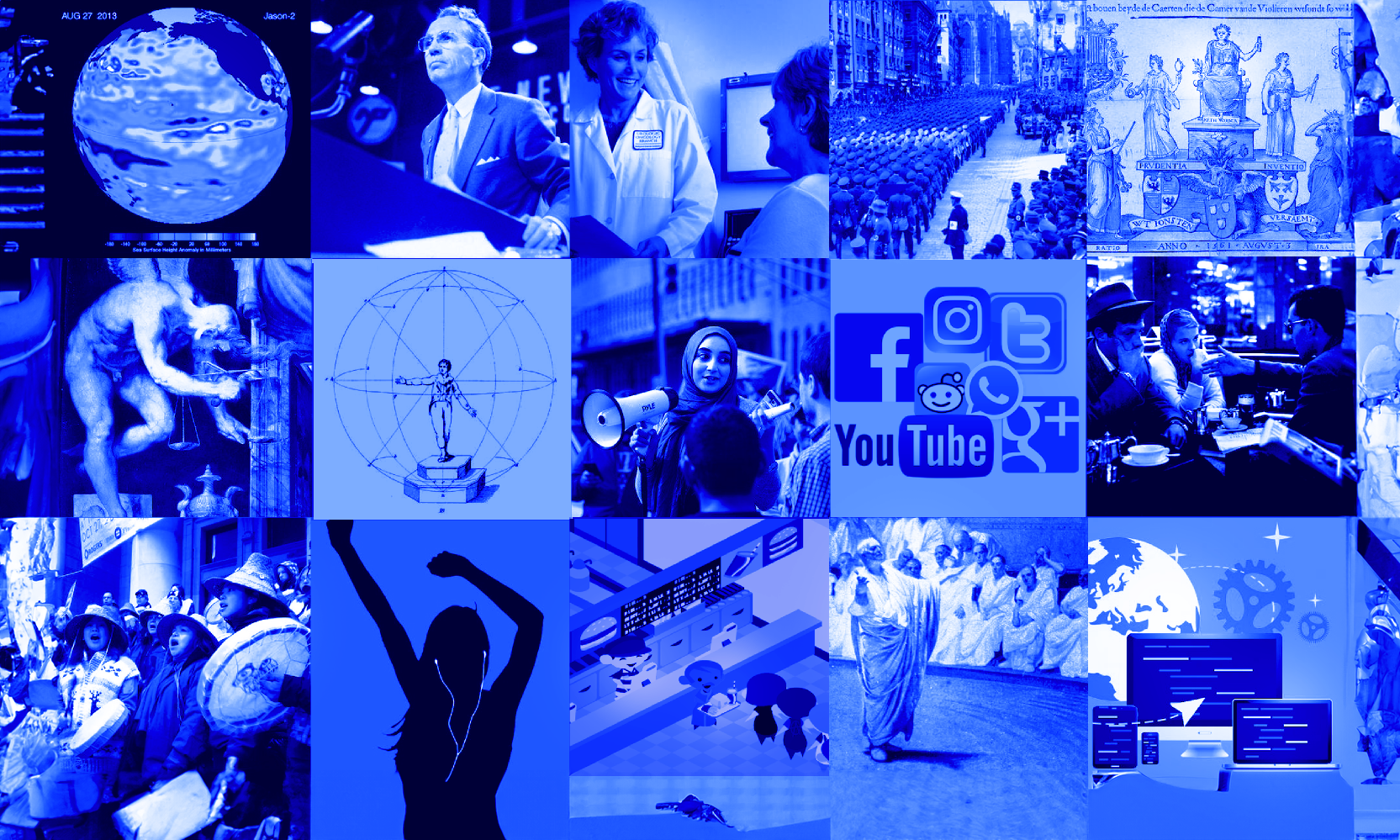CALL FOR PAPERS FOR AN EDITED COLLECTION: THE RHETORIC AND DISCOURSE OF OIL
Proposals Due: Jan. 31, 2016 (see below for submission details)
(edited, full version available here)
Recent years have seen the rise of the “Energy Humanities,” which consider cultures in terms of the energy sources that make them possible, energy sources that tend to be invisible to those inhabiting a given culture. In Oil Culture, for example, Ross Barrett and Daniel Worden argue that in contemporary North America oil is largely secreted out of sight but, at the same time, “the oil industry is as ubiquitous and necessary to contemporary life as money” (xix). This simultaneous invisibility and necessity is effected through rhetoric. For instance, in the recent “Life Takes Energy” campaign. We don’t see oil, or pipelines, or windmills in these ads, but energy’s necessity is asserted and the energy corporation’s necessity is implied.
Despite the rise of the Energy Humanities, eco-rhetoric, and Petroculture, no study of oil rhetoric currently exists. Therefore, The Rhetoric and Discourse of Oil seeks papers that examine how discourse and rhetoric create/enable the spectrality of oil (how rhetoric persuades individuals/the public that oil is an invisible magic elixir fuelling progress) and how it also disrupts or counters that view. Contributions to this collection will engage with our understanding of petroleum in its fundamental ambiguity, not only as a key sustaining source of modern culture but also as a toxic and destructive commodity. As such, The Rhetoric and Discourse of Oil seeks interventions in the discourses and rhetorics of oil and its related industries. Possible areas of focus include, but are not limited to, rhetoric and/or discourse and one or more of the following:
bitumen extraction;
hydraulic fracturing (fracking);
Off-shore drilling;
Pipelines and other forms of transportation (oil-by-rail, the Lac Mégantic disaster, tankers);
Spills, Leaks, Ruptures;
Upgrading and Refining;
Lawsuits (Aboriginal consultation, Treaty rights);
Politics;
Government documents;
Industry documents;
Advertising;
Film;
Poetry, fiction, drama;
Visual Rhetoric;
Photography/Petrography;
Environment vs. Economy;
Economic History.
